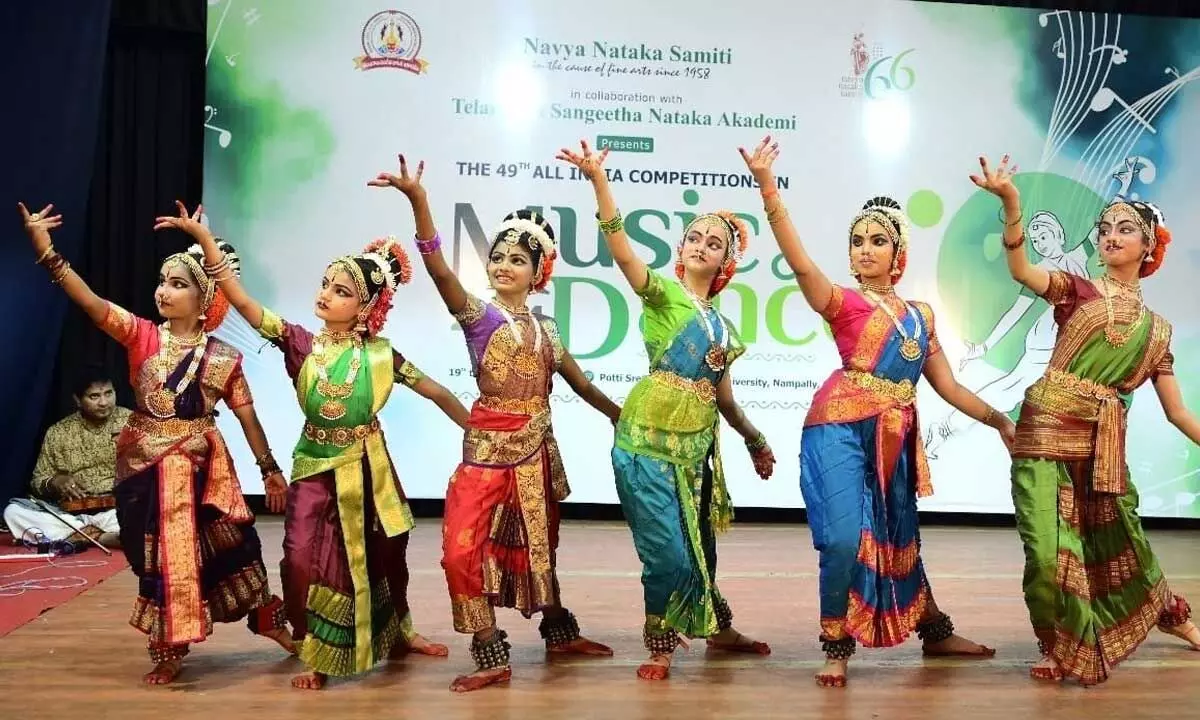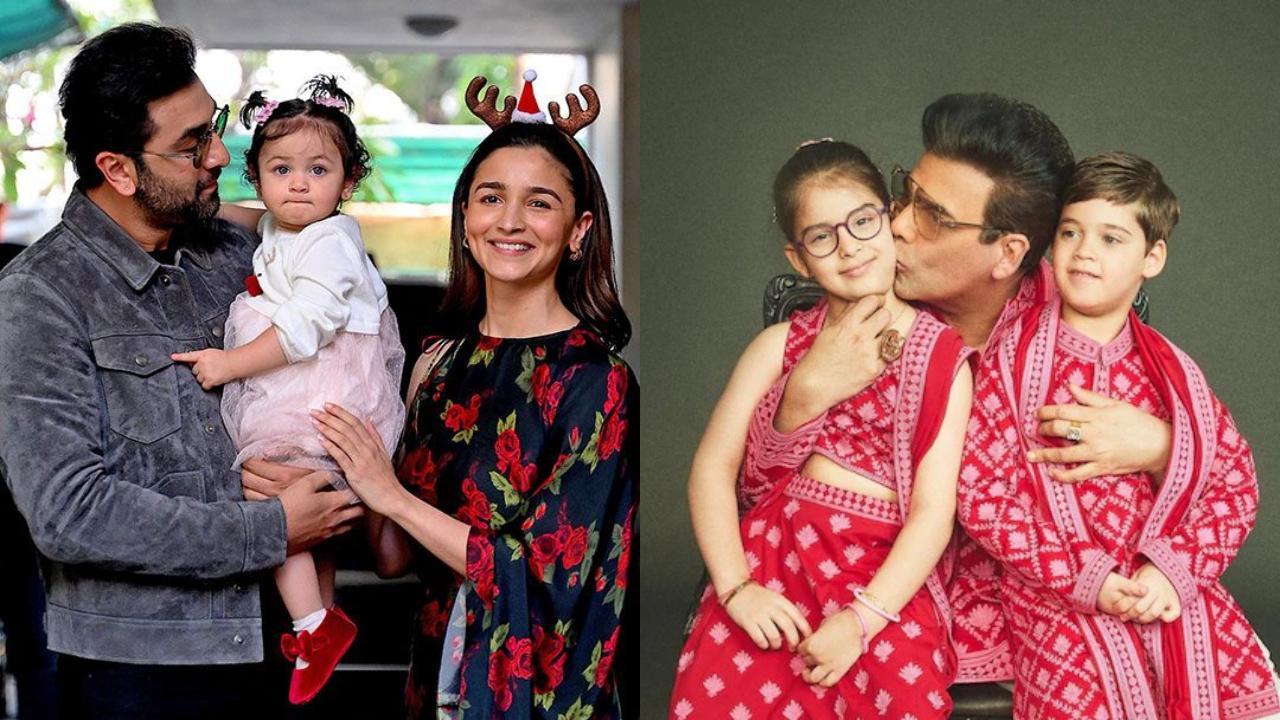Australian singer Ziggy Ramo is giving an acoustic guitar performance at a small record store in Sydney's Woolloomooloo. His songs — such as the track Sorry from his new album — feature themes of dispossession and colonisation. "Sorry means nothing if you do it again," he sings to fans.
"We're the good guy, we like to pretend." The song includes audio of former prime minister Kevin Rudd's 2008 apology to the stolen generations. "The message of [the song] Sorry is that words have meaning," says Ramo, 29.

Source: SBS / Sandra Fulloon "Saying sorry means you don't do it again. Right. And unfortunately, I think we as a nation are still grappling with really understanding what we're apologising for.
"The outcome of the Voice Referendum highlighted that we have such a different level of understanding and we have such a difference of opinion about some things that are facts, but people don't know them." Setting the record straight is the focus of his new album, part of a multi-media project that includes a book and original artwork. It questions colonial concepts of what it means to be human.
"Our humanity was stripped away during colonisation," he writes in the introduction. "Colonisers destroy, demolish and dominate. They reduce humans to our worst.
" Source: SBS / Sandra Fulloon Ziggy Ramo's ancestors include members of the Stolen Generations. Although raised across Arnhem Land and Perth, he was born in Bellingen NSW, the son of a mother of Scottish heritage and a Wik-Solomon Islander father. “My great-great-grandfather was blackbirded ( )," he says.
"Although it was my great-great-grandfather who was taken, those scars never fully heal so it feels like it's us who's taken. And inter-generational trauma can have a compounding effect. "I didn't have the privilege of growing up on my ancestral Country because my great-grandmother was stolen, so we were disconnected from that area.
"Dispossession is not an identity, it's a state. So, when I am making art I am connecting to a lineage of thousands of years. Whether or not it's my specific songlines, within the practice of doing it I am finding reconnection.
"And I hope [people listening] tap into that because songlines have sustained the longest continuing people, culture, society in the world." Source: SBS / Sandra Fulloon For the first time, Ramo has also pressed his new album on vinyl. "It is so exciting.
Music has forever been a ceremonial and spiritual experience and I think when you have this artefact that is the thing that is generating it, you can't even compare what that feels like. "When you listen to vinyl, there is a physical experience that is a lot more visceral because the sound is in the space with you and it is being generated by the physical artefact with you." It's a view shared by Luke Bevans, managing director of Impressed Recordings.
His bespoke record store sells limited editions on vinyl and has pressed Ramo's new album. Source: SBS / Sandra Fulloon "A record is a physical manifestation of your art. Yet some, like Ziggy Ramo, who've had a 10-year career in music, have never pressed anything onto vinyl until today.
"When we create limited editions on vinyl, then the record has more value not just to collectors, but to fans, too." Globally, the vinyl record market is worth $16 billion annually and that's expected to double by 2031 to $30 billion. Vinyl sales are growing quickly in Australia, too.
"People have a connection with vinyl that goes beyond what they have with streaming," says ARIA CEO Annabelle Herd Source: Supplied / ARIA "So in Australia, we saw growth in vinyl of around 14.1 per cent in the value of sales in 2023, and that went up to a total of around $42 million, which is quite impressive. And we expect that to continue," Herd says.
"Overall, vinyl sales are now 70 per cent of all physical sales. "To produce a beautiful album and put their whole heart and soul into it is a really important strategy for Australian artists to connect with fans." Although Human? is his third album, producing a multi-media offering is a new experience for Ramo.
Source: SBS / Sandra Fulloon "I wrote a book and an album at the same time because I love it, I love making art," he says. "Each chapter of the book is a song on the album. I wanted to create this immersive physical experience for people because I am very conscious that only 3 per cent of us have a lived experience in this [First Nations] lens.
"Our voices aren't always put in platforms and in spaces for people to learn from. So, reading a chapter helps you understand the song in a different way. And hearing the song makes you understand the chapter in a different way.
Race history is a constant thread in his music, calling out colonial dispossession and injustice. Reaching fans on vinyl is a way to make that message feel more authentic, he says. "As an artist, you don't get to decide when your work resonates, but by creating physical artefacts like vinyl records, you give music a chance to connect when it's supposed to," he says.
"Vinyl has made a significant comeback over the last four years because it’s not compressed. Whereas anything that you listen to on CD or a digital download or streaming has been compressed in some form," says Bevans. "For audiophiles, vinyl is supposedly exactly as the artist intended it.
And that is the purity of vinyl that audiophiles love." Source: SBS / Spencer Austad Customer and record collector Glenn Mabbott agrees. "I've got about 1,400 albums and it is the total experience.
Another great thing about records is that they have a cover. I am an artist, so I see [the cover] as an opportunity for the band to express what their music's about," he says. "We now live in the 'digitisation of everything' world.
And music is just streams on your phone or somewhere, and it's kind of ephemeral. "Whereas if you go back to what a record is, it's actually tangible and you can own it and you can hold it and you can actually pull it out and you can put it on a turntable." For Ramo, a record is about more than the medium.
His cross-platform approach aims to deliver a message to a broader audience. Source: SBS / Spencer Austad "We live in a country where people are unable to recognise and be accountable for what they've done, what they've continued to do. That terrifies me, not just for our country, but it creates apathy globally," he says.
"And when we look at what is going on in the world, when we refuse to be accountable because it makes us feel shame or it makes us feel guilty, we remain desensitised to the point where we can see other people as not human. "And when we don't see each other as human, we can justify genocide. And that is so terrifying to me and should be alarming to everyone regardless of race, gender, class, sexuality.
" Share facebook twitter instagram Sharing business secrets of inspiring entrepreneurs & tips on starting up in Australia's diverse small business sector. facebook twitter instagram 7 min read.



















